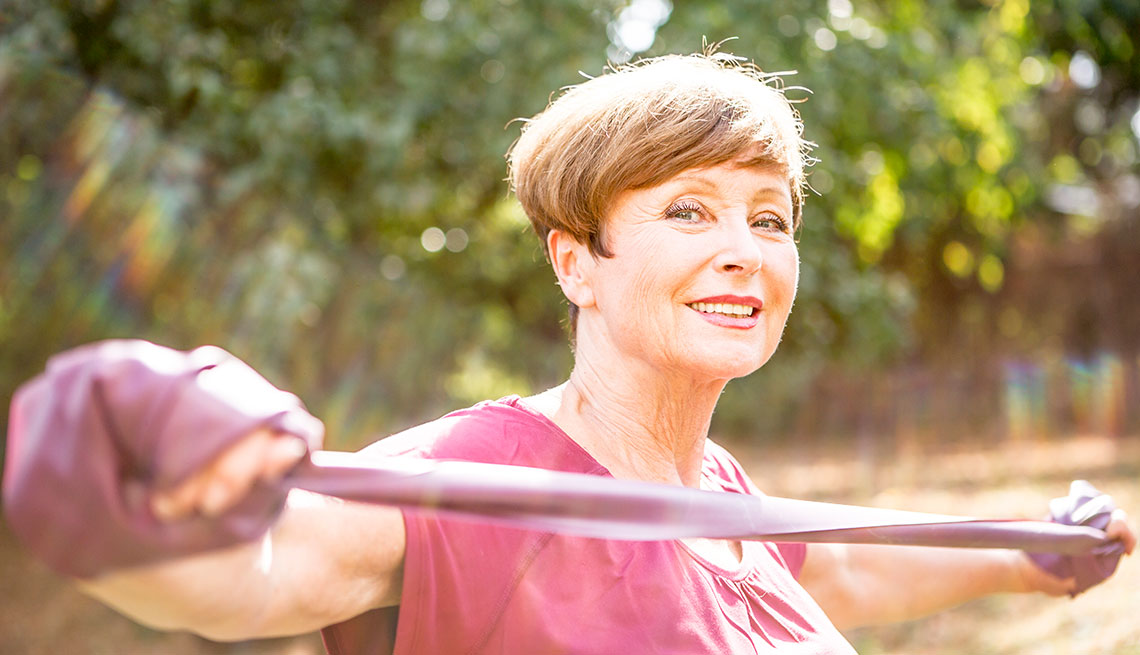Staying Fit
Surgery can be hard on older adults, resulting in serious complications and death far more often than in younger patients. But many seniors aren’t adequately prepared for possible risks.
Innovative hospitals are working to change that. In the weeks leading up to surgery, they prescribe exercise to seniors, make sure they’re eating healthy foods and try to minimize anxiety and stress.


AARP Membership— $12 for your first year when you sign up for Automatic Renewal
Get instant access to members-only products and hundreds of discounts, a free second membership, and a subscription to AARP the Magazine.
Research suggests these interventions can enhance seniors’ readiness for surgery and potentially lead to improved outcomes.
In that vein, next year the American College of Surgeons (ACS) plans to launch a national effort to improve surgical care for seniors, after defining a broad array of standards that hospitals should meet. The goal is to promote and recognize “centers of excellence in geriatric surgery” across the U.S., said Dr. Ronnie Rosenthal, chair of ACS’ geriatric surgery task force.
New evidence from Duke University’s POSH (Perioperative Optimization of Senior Health) program demonstrates the value of prepping at-risk seniors for surgery, a strategy endorsed by the newly published standards.
Researchers reported that older adults who went through the POSH program before major abdominal operations spent less time in the hospital (four days versus six days for a control group), were less likely to return to the hospital in the next 30 days (7.8 percent vs. 18.3 percent), and were more likely to return home without the need for home health care (62.3 percent vs. 51.1 percent). They also had slightly fewer complications.
POSH is an interdisciplinary model of care, bringing together surgeons, geriatricians, anesthesiologists and social workers while actively engaging older patients and their families.
































































